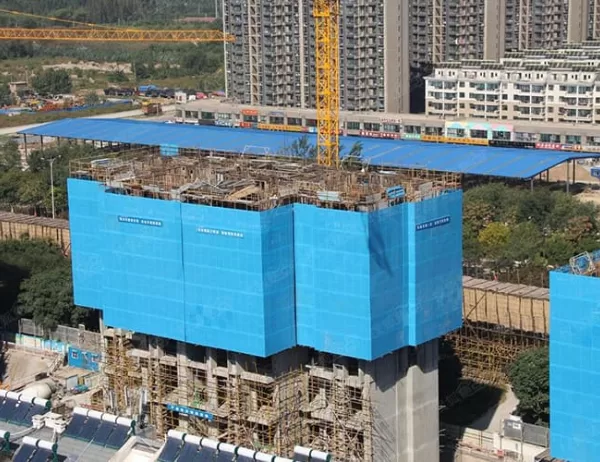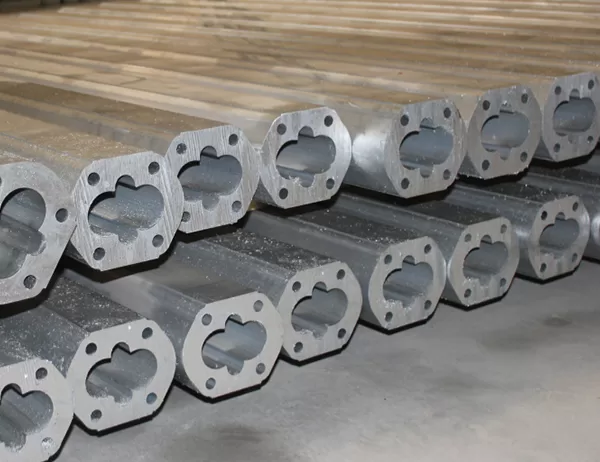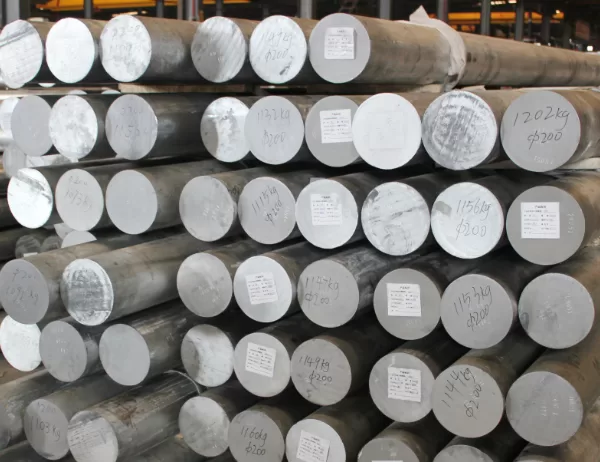Aluminum frames play an integral role in the installation, performance, and aesthetics of residential and commercial solar systems. Understanding the advantages and limitations of using aluminum frames in these two distinct contexts is crucial for optimizing system efficiency and ensuring longevity.
Considerations for Residential Solar Systems
Reduced Installation Time: Aluminum frames are lightweight and easy to assemble, reducing installation time and labor costs compared to steel or wood frames. This time savings can result in significant financial benefits for homeowners.
Increased Durability: Aluminum’s inherent corrosion resistance makes aluminum frames highly durable in outdoor environments. They are less prone to rust or degradation, ensuring optimal performance and longevity of solar panels even in harsh climates.
Sleek Aesthetics: Aluminum frames offer a sleek and modern appearance, complementing the architectural design of residential homes. Their ability to be customized in various colors and textures allows for seamless integration into any exterior aesthetic.
Considerations for Commercial Solar Systems
Higher Load Capacity: Aluminum frames designed for commercial solar systems are engineered to withstand higher loads than residential frames. This increased capacity is essential for larger solar arrays, which require greater structural support to prevent sagging or collapse.
Enhanced Wind Resistance: Aluminum frames provide excellent wind resistance, crucial for commercial solar systems in exposed locations. Their aerodynamic design minimizes wind drag and ensures the stability of the solar array even in strong winds.
Fire Resistance: Aluminum is naturally non-combustible, making aluminum frames an ideal choice for solar systems installed on commercial buildings with strict fire safety regulations. They help protect the building and its occupants in the event of a fire.
Key Differences
Structural Requirements: Commercial solar systems generally require more robust aluminum frames than residential systems due to their larger size and higher loads. These frames typically have thicker cross-sections and stronger connection points.
Installation Complexity: The installation of aluminum frames in commercial solar systems can be more complex than in residential systems. This is due to the larger size of the systems and the need for additional structural support.
Cost: Aluminum frames for commercial solar systems typically have a higher cost than those used in residential systems. This is primarily due to their increased structural capacity and the complexity of installation.
Integrating aluminum frames into residential and commercial solar systems provides numerous benefits, including reduced installation time, increased durability, and improved aesthetics. However, the specific requirements of each system must be carefully considered to ensure optimal performance and longevity. By understanding the key differences and advantages of aluminum frames in these two contexts, solar installers and homeowners can make informed decisions to maximize the efficiency and value of their solar systems.




